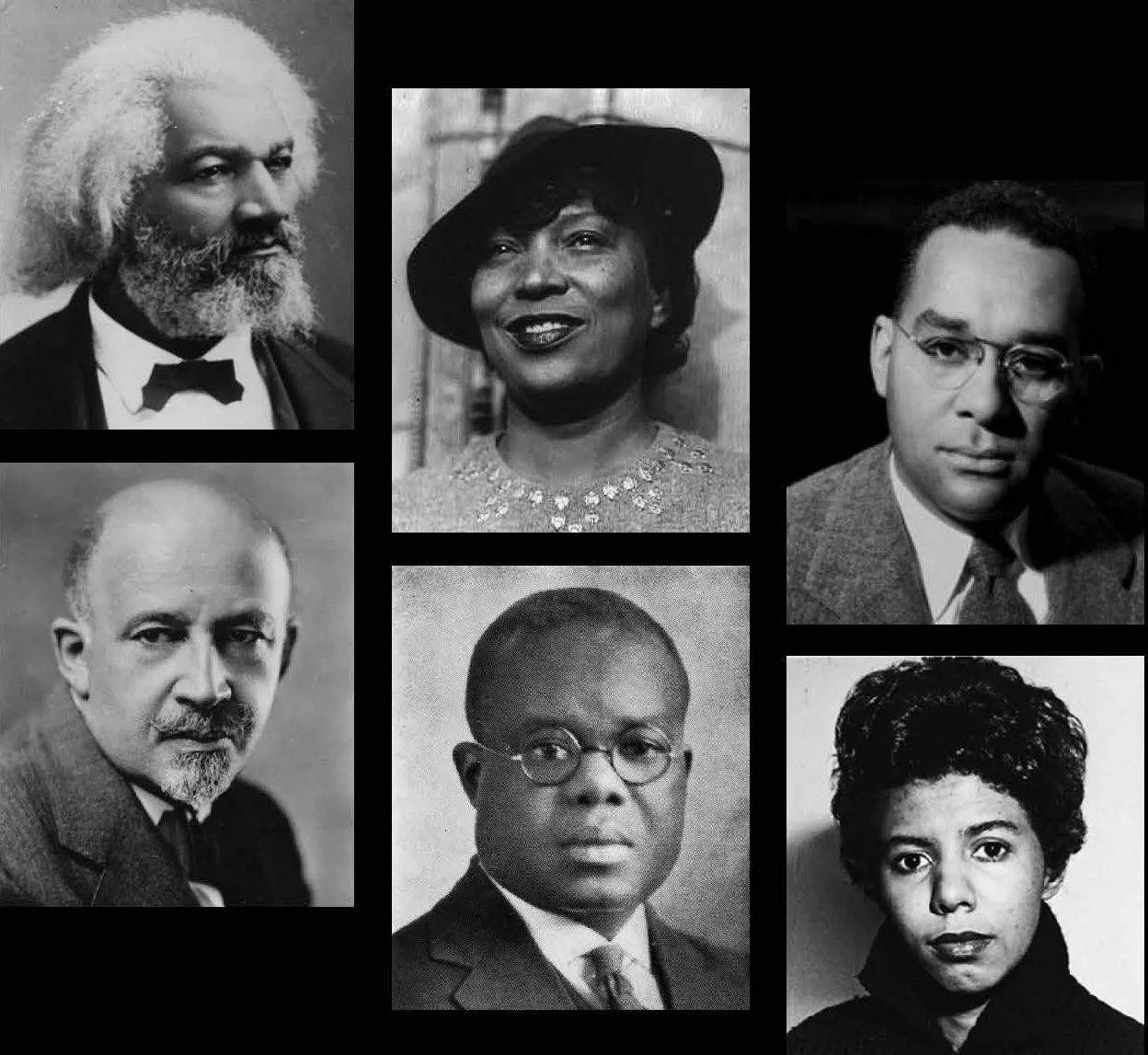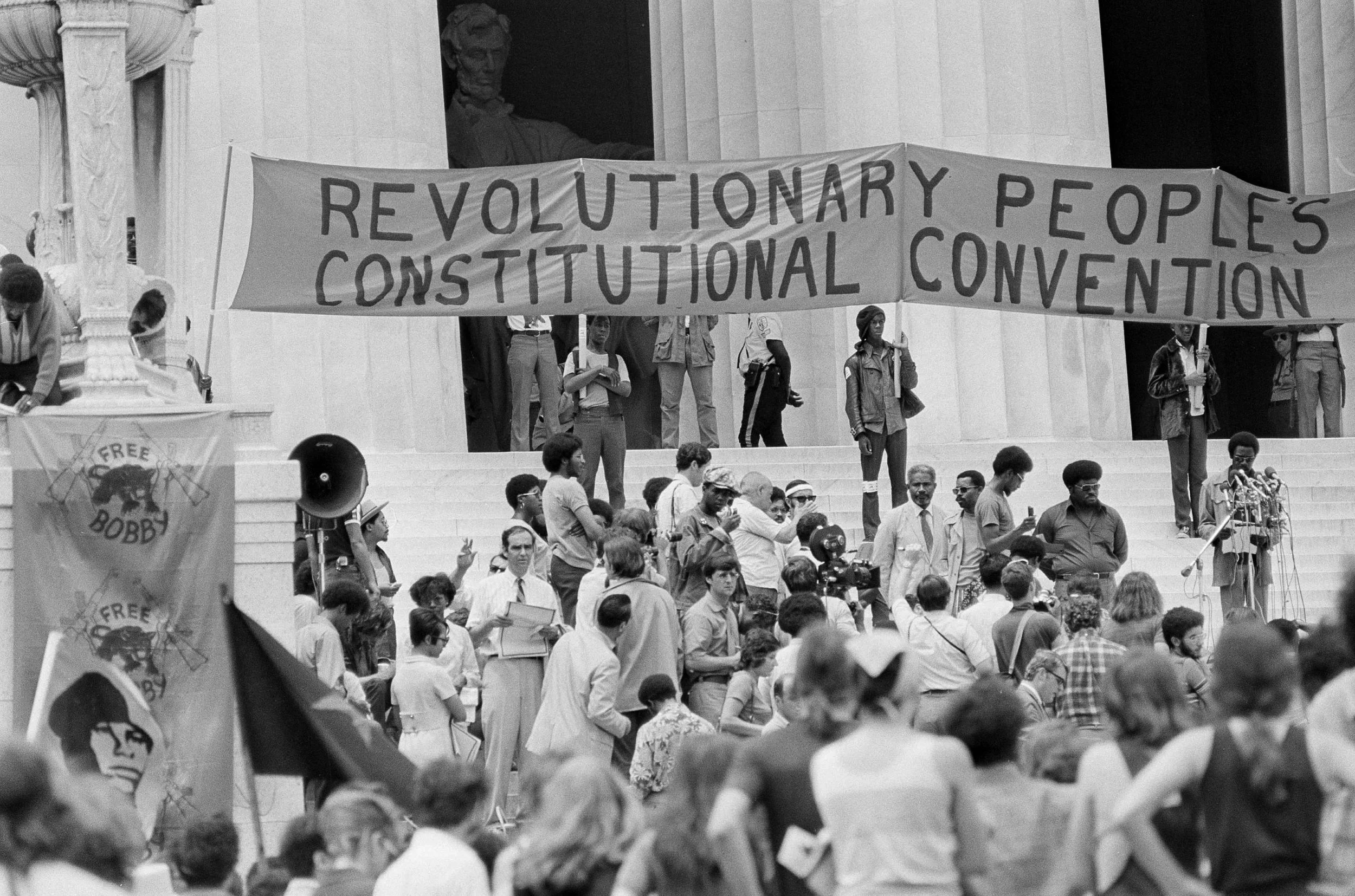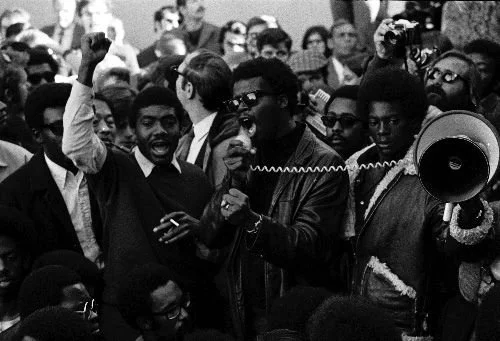now reading: Conversations in Black
Black Twitter couldn’t crack it, so Ed Gordon Jr. took a swing at it - it being the plethora of topics that can test and ultimately determine the status of the black community. Some may be skeptical that we can reach a cultural status quo like other POCs, and that’s fair. But my hope is we can do away with the idea that “we’re cooked” and stop putting one another on a plate (for anyone, ourselves included). Below I’ve selected some questions I think are pertinent to our progression, and included commentary I felt was substantial (please note: for full commentary, you’ll have to read the book because I’m not typing the whole dang thing).
What’s the state of Black America today?
Todd Boyd: “It’s hard to describe Black America as one thing…So it’s broad, and diverse, depending on what you’re talking about.”
T.I.: “…We aren’t necessarily speaking to the needs of the community. The things that need dto be done to advance us, the things that deserve attention…I feel like Black America is distracted, and therefore we’re stagnant to a certain degree.”
What does Black “Leadership” look like today?
Jemele Hill: “It’s just the way the world works now; we can’t depend on one person or one body. Black people face such wide-scale problems, they have to be addressed in a number of ways.”
Van Lathan: “There’s been a void in the leadership that we had from times gone by. Things move a little bit differently now. We all have to open our minds to see how things have changed.”
What do Black leaders need to do now to move Black America forward?
William Barber: “…Reconstruction is my framework. When Reconstruction started, Blacks and Whites came together in the South to form fusion coalitions. Those fusion coalitions took several things seriously: racism, education, and economic development. What we’ve been doing in the Forward Together movement is building a moral agenda.”
Marc Morial: “…everyone got involved in the same kind of community issues that were being played out nationally. By the very same token, we have to be civically involved and not wait for a command from a supreme leader. There is no supreme leader; there are multiple inspirational figures nationally…”
Al Sharpton: “We have not been able to translate commitment to a political level. So, we empower the wrong Blacks. I say that outright. They have no regard for the lineage of political empowerment that we sacrificed for.”
Are activists born or made?
Van Lathan: “We shouldn’t confuse the term voice with someone who is an activist. They are two completely different things, and I think we do that a lot…There are people who are actualy physically lifting Black people up, and part of my platform is to make sure they have a platform; people need to be clear on those distinctions.”
Can a “Black card” be revoked? Is there a line that can’t be crossed?
Angela Rye: “There’s absolutely a line for me. If you’re putting your own personal gain over what’s in the best interest of the community, that’s a line for me. Clarence Thomas is never invited to the picnic. Tim Scott is, sometimes—Mondays, Wednesdays, and Fridays. [laughs]…I don;t think that we’re monolithic, nor should we be, but we also need to be aware of the things that we are doing that could be really destructive to us…”
What can Black men do to overcome some of these destructive patterns?
Charlamagne tha God: “One of my homegirls said to me a few years ago, ‘Black men do not want to admit they’re damaged.’ If you don’t admit that you’re damaged, then you’ll never go out there and do the work…Then you get older, and you start to feel really empty. You start to feel really hollow because you haven’t filled yourself up with anything good. Now you’re a hurt person, and hurt people hurt people.
For the past four or five years, I’ve been doing more unlearning than I have learning. It;s not like I didn’t know. That’s the crazy thing. It’s not like we don’t know the difference between right and wrong. We knew what was right, we just were choosing to do wrong and then wondering, ‘Why [do] we feel no sense of fulfillment? Why [do] we feel no sense of happiness?”
Whew - a word! (Well, several, but let’s focus on Charlamagne’s first)
That last bit about unlearning, and knowing the difference between right and wrong but consciously choosing your option…how many of y’all feel called out? The Black card question actually came after Charlamagne’s response, but I wanted that to be the final piece because of how much power it holds. Accountability is our answer. No matter which question is being asked, we ultimately must ask ourselves “What am I willing to do for my community? Where can I lend a helping hand? How often am I taking versus giving back?”
Charlamagne’s POV also connects to a beautiful quote from Frederick Douglass, who said “It is easier to build strong children than to repair broken men.” While us Black women feel our hearts breaking every day, we can’t feel it or see it for our men, and they’re certainly not going to show & tell. We may not even realize how we contribute(d) to that heartbreak, by the way we treated their father figures or interact with males in our life in general. The young are always observing, as we are their first teachers, so ladies AND gentlemen…let’s put the good foot forward and keep on keeping on. (You can start by reading the book!)





